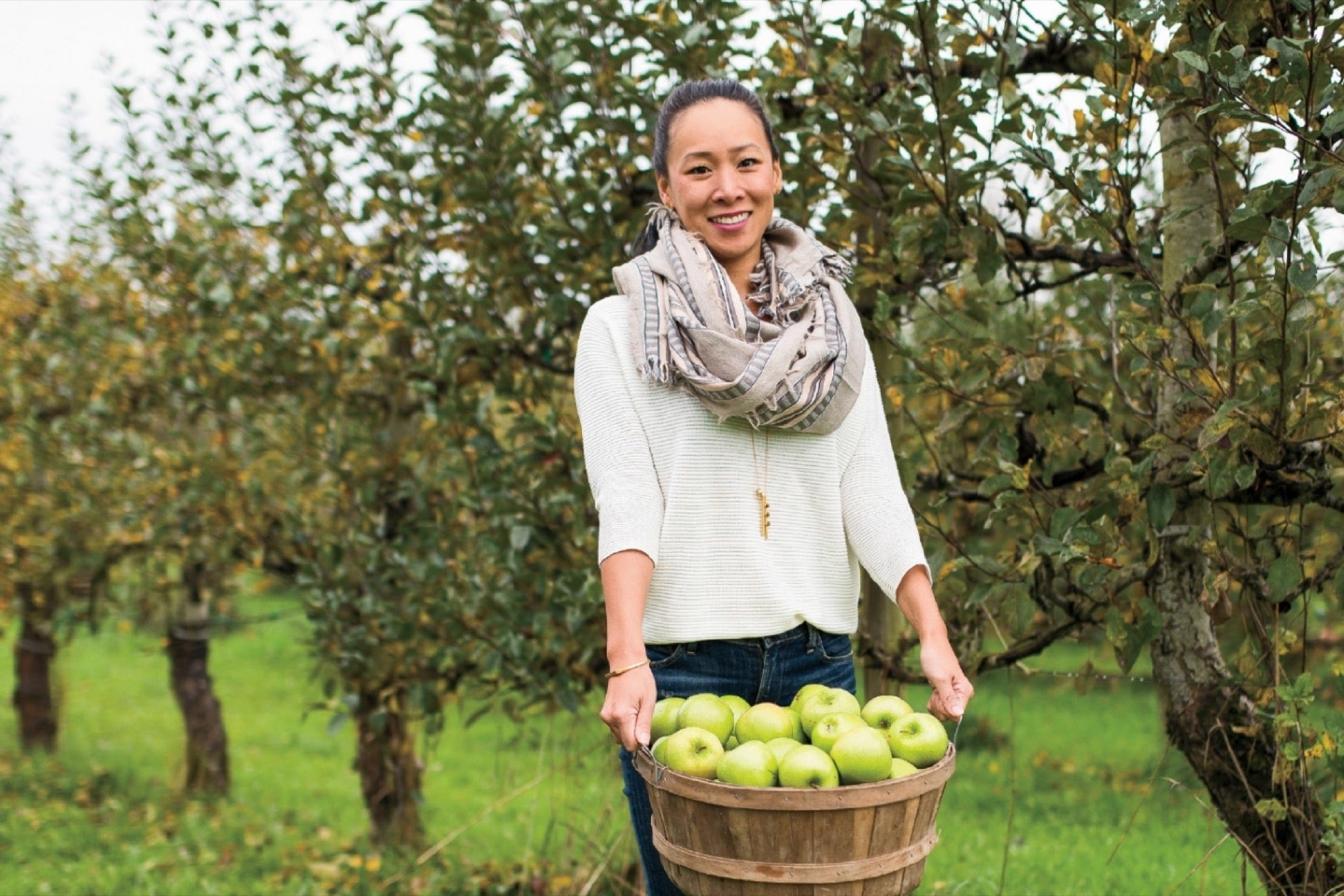Why Big Brands Are Offering Big Funds to Small Businesses Small businesses are cashing in from corporate loans and grants.
This story appears in the January 2016 issue of BIZ Experiences. Subscribe »

For Jane Yuan, the owner of Seattle-based Simple & Crisp, an order from Whole Foods Market to sell her dried-fruit crackers nationally was the opportunity of a lifetime. But she didn't have the money to buy two additional dehydrators at $17,000 a pop, which she'd need to scale up and fill those orders, as well as those from her other customers. "That became a cash-intensive launch," Yuan says, "and being a small business, we didn't have access to capital that quickly."
So she turned to Whole Foods' loan program, borrowing $37,000 for five years, at 5 percent interest. That was in 2014. She took a second loan from the retailer in 2015 for $50,000 at the same terms. Today, Simple & Crisp products sell in approximately 300 Whole Foods stores, as well as 100 other grocery and specialty-food shops nationwide.
Since 2006 Whole Foods has doled out $18 million in low-interest loans to 235 of its North American small-business suppliers, according to Denise Breyley, who scouts out independent farmers and food artisans for Whole Foods in the Pacific Northwest and acts as the regional point of contact for the company's loan program. Terms vary, but loans have ranged from $1,000 to more than $100,000, with interest rates averaging 5 percent and full repayment typically due in two to five years.
Whole Foods isn't the only household name to offer small-business loans or grants. Martha Stewart Living, Miller Lite, FedEx, Chase and Wells Fargo all award $10,000 to $200,000 in grants to select small businesses.
It's not just about money, though. The PR boost that comes with landing brand-sponsored cash can put a small company on the business-media map. "You gain a lot of [recognition] from winning. It's huge," says Mary Lynn Schroeder, CEO of In Blue Handmade, the Asheville, N.C., leather-crafting business that took the $25,000 grand prize in FedEx's small-business grant contest in 2015.
The mentorship and networking opportunities can be just as valuable. Take Whole Foods, which finds and mentors promising suppliers to get their products and packaging shelf-ready, often before awarding them a loan. Some programs send grantees to a brand-sponsored summit, where winners swap advice and war stories. To Schroeder, the trip to FedEx's 2015 small- business summit, where she and fellow winners "think-tanked it out," was invaluable.
Before applying for these loans or grants, make sure the brand's program is a fit. Breyley points out that Whole Foods sells only products that shun artificial ingredients and meet certain sustainability and animal-welfare standards. Plus, the company provides loans only for equipment and other fixed assets, not for "soft costs" such as marketing campaigns.
For grants with an online voting component, such as those offered by FedEx and Martha Stewart's company, you'll need more than a compelling, well-honed business plan and proven customer base. You'll also need a strong web presence. In other words, get comfortable sharing photos, videos and the personal details of your business journey on social media, because judges eat that up.
"You have to put yourself out there a little bit," says Becky Huling, FedEx's vice president of customer engagement marketing. "You're really trying to create an emotional connection with the people who are selecting the contest winners."
To stand out from the crowd, tell your story with authenticity and personality. "You need to explain who you are and how you got there," Schroeder says. "Because every small business has a lot of heart, and you need to let that shine through."











